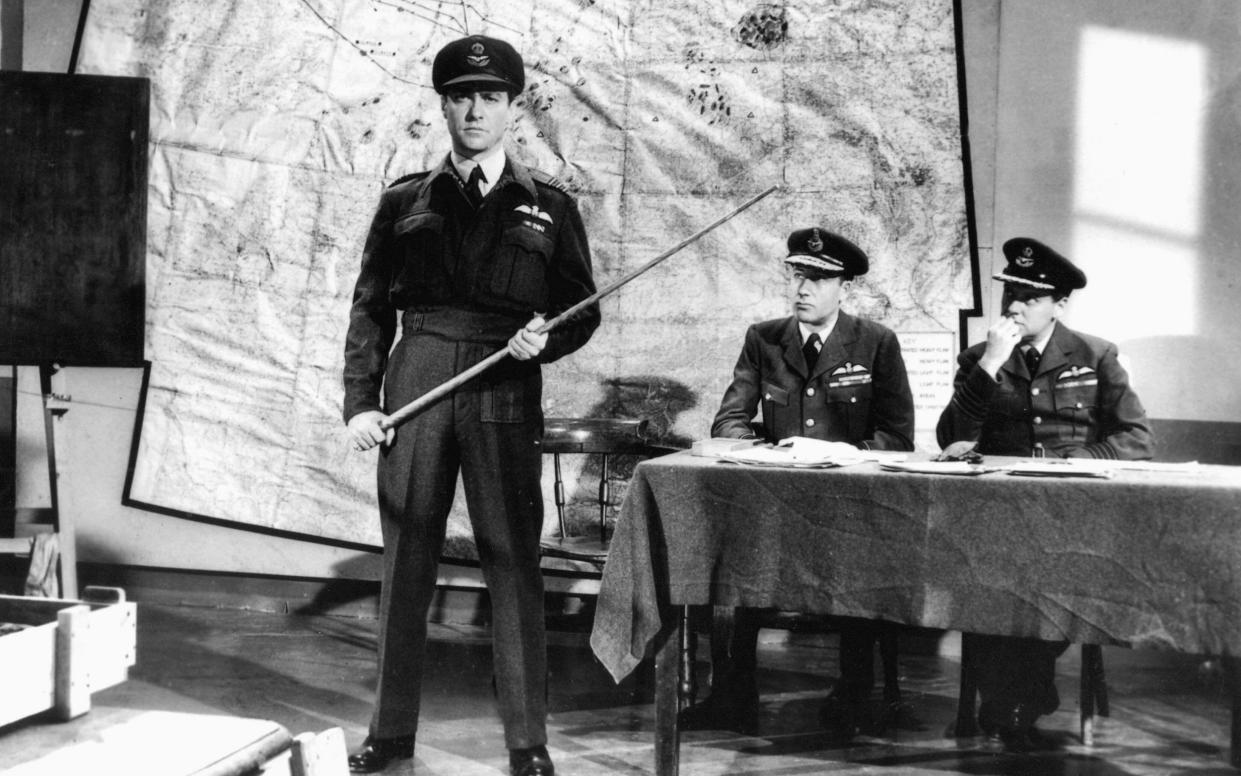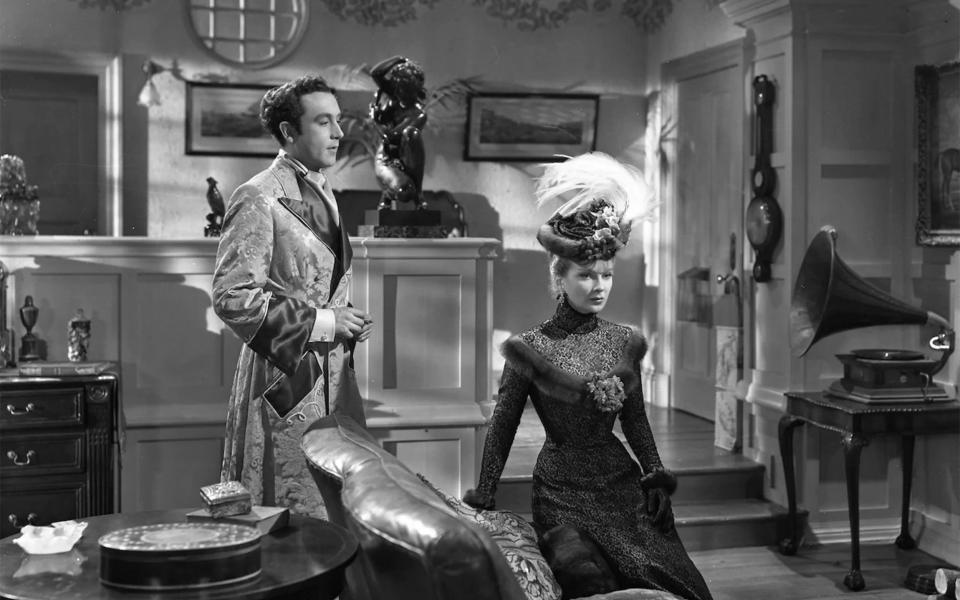Trigger warnings are bad enough – but this butchery of classic films is truly unforgivable

The trigger warning is now familiar to humanities students, suggesting that some passages in literature, or plays, or films may upset or offend them. What this usually means – because I know that generation is not so fragile, naive or spineless as its protectors claim – is that someone in authority, keen to signal virtue, has decided that part of the content being studied ought to offend its audience.
I recall when in sixth form and at university, in what would now be considered the cultural dark ages of the late 1970s and early 1980s, how we chortled about Dr Bowdler sanitising Shakespeare, or how the ninny barrister in the Lady Chatterley trial had asked whether one’s wife or servants could be allowed to read it, and how until 1968 the Lord Chamberlain had prevented various things (including living members of the Royal family) being represented on the English stage. Film censorship was being relaxed (A Clockwork Orange set the tone, in 1971) and low-definition flesh appeared on television after the watershed, when all good children were in bed (the bad ones, presumably, were beyond help).
We laughed, too, at Hollywood films that showed married couples in single beds (though I seem to recall Laurel and Hardy being allowed to share a double: homosexuality had not, of course, been invented in the 1930s). The days of shielding us from things others decided were bad had happily gone. We were all grown up, and took cultural challenges in our stride.
There were trigger warnings even then, advising viewers of violence, sexual explicitness or profanity on TV. If one couldn’t handle such things, the implication was to switch off. Films at the cinema had, and still do have, age ratings: an X, or later an 18, indicating that unless your stomach was strong, keep away. One cannot object to that. But now, long lists of warnings are given before many TV programmes; and they become absurd on repeat channels, where they effectively force us to confront, condemn and rebuke our younger selves. My favourite channel, Talking Pictures, shows vintage films and television series from a time when we had some moral fibre. I think to keep Ofcom happy it precedes almost all its programmes with warnings about “language and attitudes” that may offend viewers. Sometimes this alludes to the boorish way men in the past treated women; sometimes about the view taken of people of colour.
I don’t mind the warning, which I am sure most of us over 50 simply ignore: we grew up in that world and understand it. Other than flared trousers and rustbucket cars, the 1970s were culturally pretty harmless. But what I do mind is the butchery of films and TV programmes that creates an artistic entity other than its author intended. This takes us back to Dr Bowdler, who turned Ophelia’s suicide into an accidental death, excised Doll Tearsheet from Henry IV, Part II and changed “God!” to “Heavens!” It is the N-word that now causes problems. When I made a documentary some years ago for the BBC about British war films of the 1950s, I was forbidden to mention Guy Gibson’s dog in The Dam Busters, even though he plays a vital part in the film.

The same word has been excised from the film I regard as the pinnacle of British cinema, Kind Hearts and Coronets. In a crucial scene, the about-to-be-hanged murderer and his mistress quote the traditional version of the rhyme “Eeny, meeny, miny, moe”: it is the moment when he realises that she knows he has murdered several members of his family, and might just murder his wife, too, if the mistress can have him reprieved. A TV channel on which I recently rewatched the film eliminated this exchange, rather than show a warning that it includes racially offensive language.
It is patronising to assume most of us don’t know that the past is a foreign country; that they did things then that we are enlightened enough not to do now. Otherwise, Bowdler-like, we shall according to the latest obsession falsify whatever parts of our heritage culture warriors take exception to. We can’t go through life without being offended; but we can and should present our cultural past honestly and in context, and explain the importance of its integrity.

